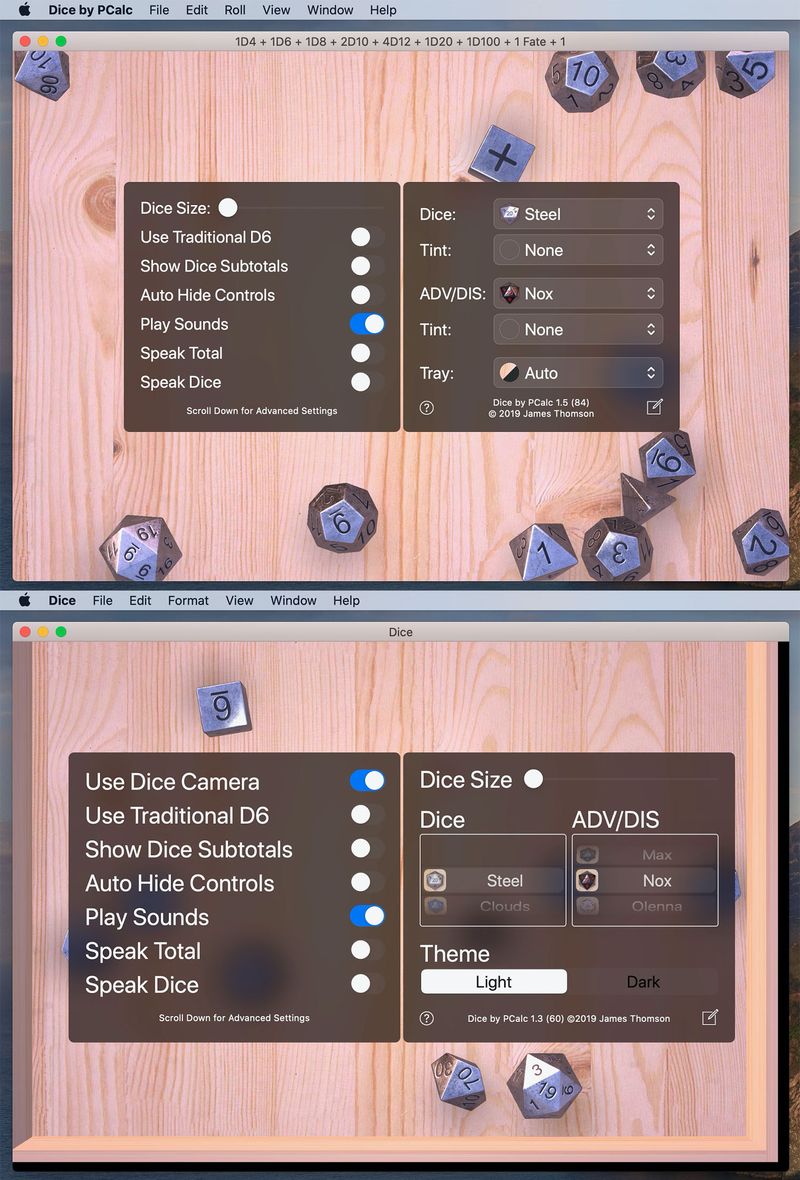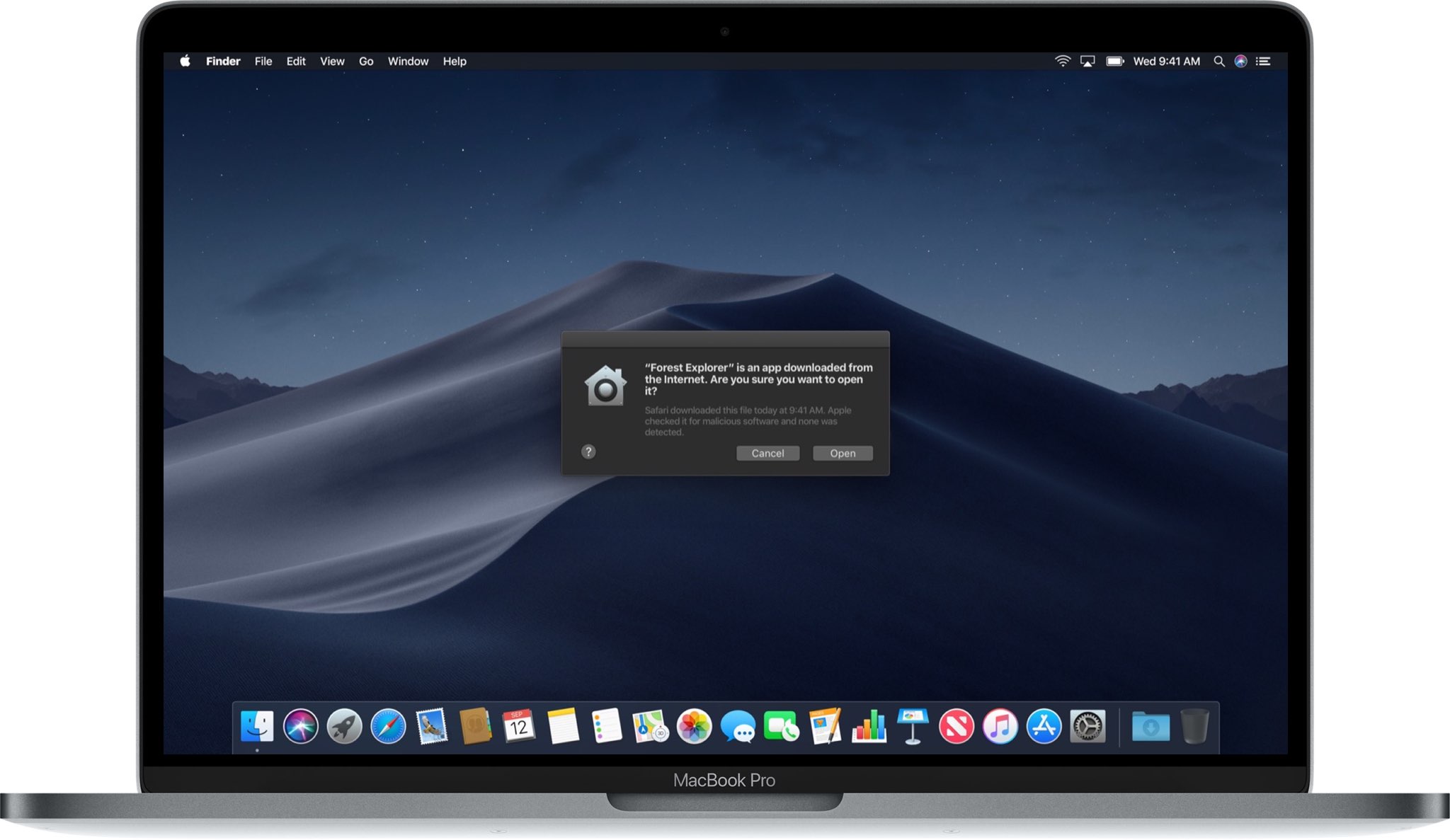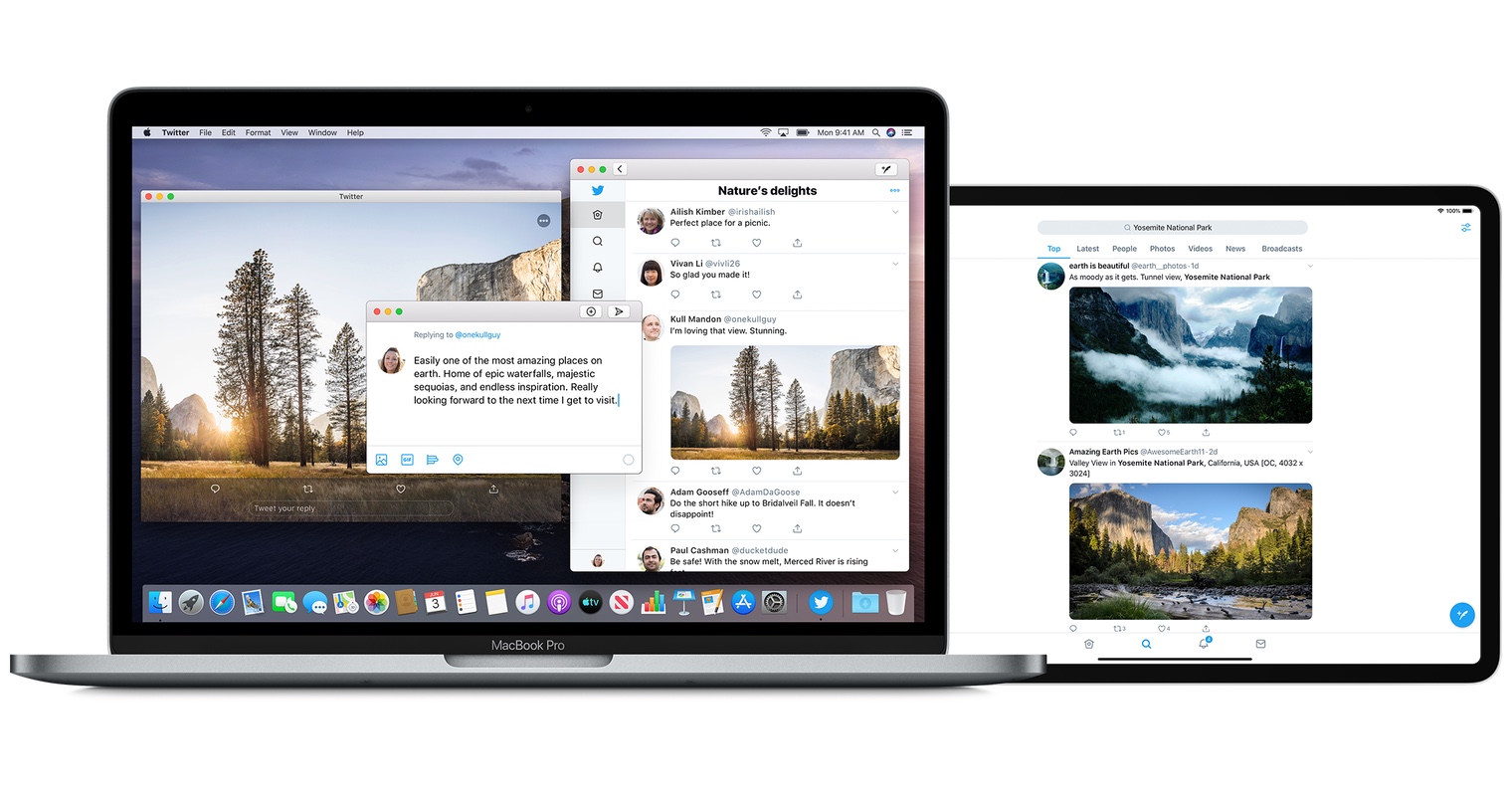When Apple unveiled "Project Catalyst" with great fanfare at WWDC last year, it beckoned developers with a great future of unified apps for all its platforms, as well as one universal App Store for all of them. With the arrival of macOS Catalina, the project entered a kind of first implementation phase, and even now, two days after the presentation, it is evident that the original vision is still far from being fulfilled.
It could be interest you

First of all, it is necessary to remind that the main milestone in connection with the Catalyst project is the year 2021, when everything should be ready, the applications should be universal across platforms, which should be connected by one App Store. The current state is thus the beginning of a relatively long journey, but already, according to the developers, several serious problems are emerging.
First of all, the whole process of porting applications from iPad to Mac is not as easy as Apple presented last year. Although Catalyst includes a user interface that, with the help of simple options, automatically modifies the application from the iOS (or iPadOS) environment to macOS, the result is definitely not perfect, on the contrary. As some developers let themselves be heard, the existing tools are able to port the fundamental functions of the application for the needs of macOS, but the result is often very fragile, both from the point of view of design and from the point of view of controllability.
An example of an automatic application port through Catalyst (below) and a manually modified application for macOS needs (above):

This makes the "easy and quick" process not very efficient, and developers still have to invest hours of their time in modifying the ported application. In some cases it is not worth it at all and it would be better to rewrite the entire application. This is definitely not an ideal situation from the developers' point of view.
Also a big problem is that as it is currently set up, in-app purchases don't transfer. It can very easily happen that users who have purchased the iPadOS version of the application have to pay for it again on macOS. This doesn't make much sense and undermines the whole initiative a bit. Catalyst has also received lukewarm reception from some developers. One of the main titles (Asphalt 9) ended up not being released on time and is pushed to the "end of the year", others disappeared completely. There is also not much interest in Catalyst from developers - for example, Netflix does not plan to use this initiative.
It could be interest you

The developers agree that this is a good step forward and a great vision. However, the level of execution is seriously lacking at the moment, and if Apple does not start to address the situation, its grand plan may end up being a farce. Which would be a great shame.

Source: Bloomberg
get your "single apps" fix.